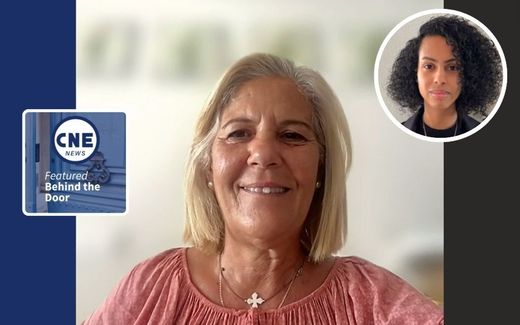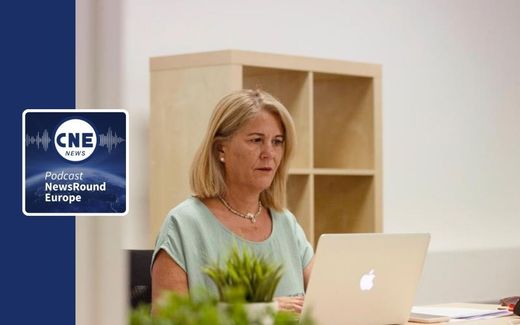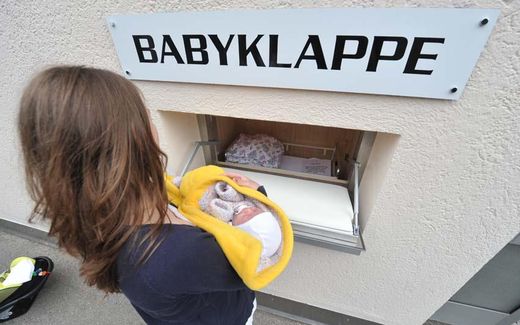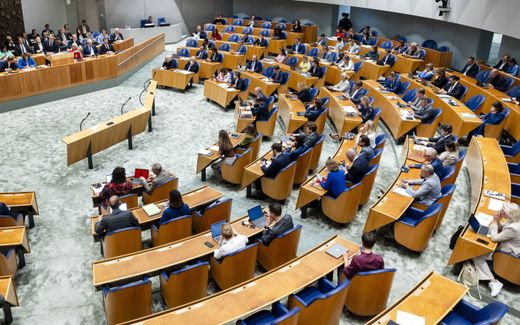CNE podcast: Speaking about abortion to distract attention from scandals in Spanish politics
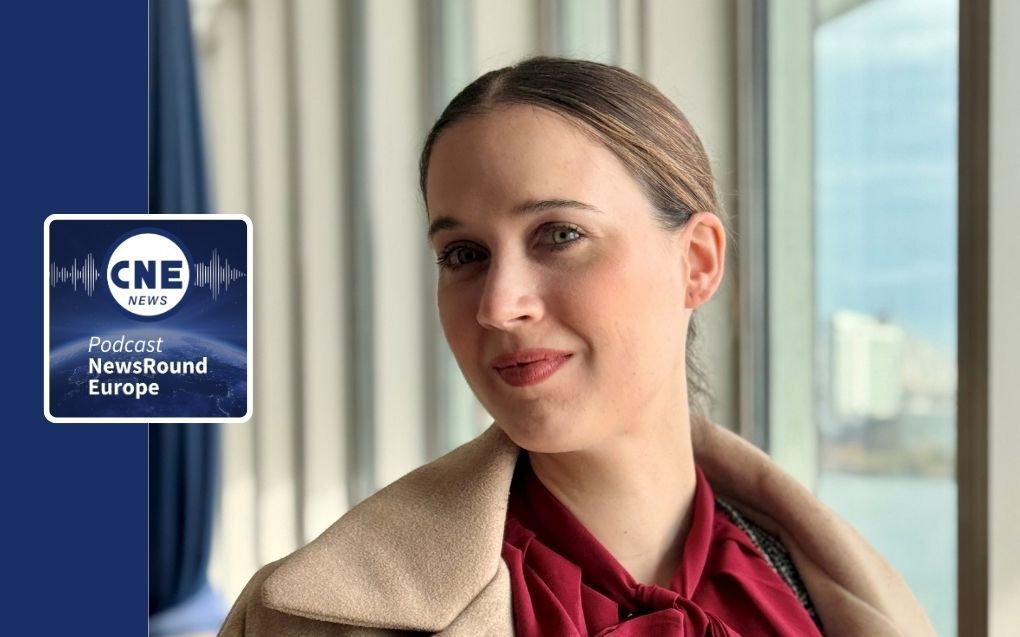
Photo Canva.com
Southern Europe
In the new episode of the CNE podcast, legal expert Paula Maria Godden from Málaga unpacks one of Spain’s most controversial political developments: Prime Minister Pedro Sánchez’s proposal to enshrine abortion rights in the Spanish constitution. He announced this plan early October.
But is this truly about abortion — or is it a calculated distraction from corruption scandals shaking his party? With Sánchez’s party facing corruption scandals, the timing of the proposal has raised eyebrows. “It feels like a strategy to shift public attention”, Godden explains to CNE podcast host Evert van Vlastuin. “He wants to appear progressive and pro-women, but the reality is more complex.”
And even though the proposal does not specifically stigmatise doctors, it does contain a list with medical experts who conscientiously object to performing abortions. While intended to ensure sufficient medical staff, critics fear it could stigmatise professionals and infringe on privacy. “The intention of the law is to know which ones are objectors to abortion, so people who want an abortion can be referred to the right one”, Paula explains in the podcast. However, it remains the question how this legislation would work out in practice.
Religion
In the podcast, Paula offers a sharp legal and cultural analysis, tracing the evolution of abortion laws in Spain from Franco-era criminalisation to today’s liberal framework. During the time of the Franco dictatorship, she says in the podcast, abortion was severely criminalised. The ban was also associated with Roman Catholic and Christian beliefs, Paula adds. The influence of that is still seen today. “Being against abortion is understood as something Christian, not as something that could be bad for women, without needing to be involved into religious thoughts”.
“How can we really empower and help women?”
Furthermore, Paula explains how recent reforms have already made abortion widely accessible, raising the question: Why push for constitutional change now?
Paula challenges popular narratives, arguing that abortion, while politically charged, does not meet the criteria of a human right. She also warns against the emotional and ideological framing that often clouds public debate.
She criticises the ideological framing of abortion as a feminist issue. “It’s become emotionally charged and politically weaponised,” she says. “We need to step back and ask: What is this practice really about? Do women really need abortion? What's the problem that women are facing that makes them consider abortion? How can we really empower and help women?”
The conversation also delves into a deeper philosophical question: Is abortion a human right? Paula argues that it is not. “Human rights are inherent to all human beings—like the right to life. Abortion doesn’t fit that definition,” she explains. She warns against the emotional and ideological framing that often dominates public discourse, urging a return to legal clarity and ethical nuance.
Tune in to hear Paula’s thoughtful perspective on law, ethics, and the future of abortion in Spain.
Related Articles


